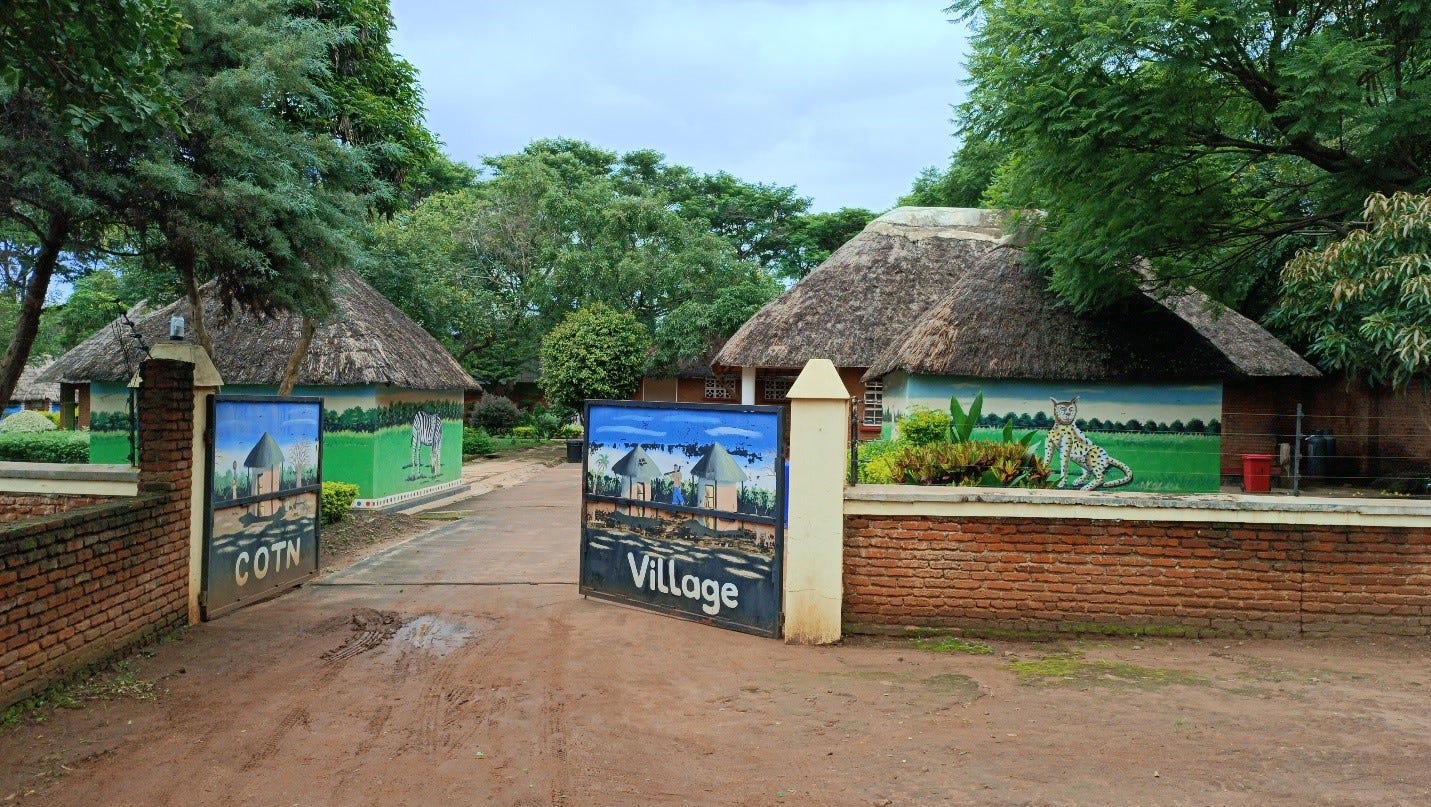COTN Organization in Malawi Improving Lives of At-Risk Children Through Education, Healthcare, and Necessities
Many orphans and street children have also been placed in foster care homes and adopted into new families with the assistance of the government.

Malawi: One-fifth of Malawian households, according to UNICEF estimates, look after orphans and vulnerable children, writes Naome Chisala.
Numerous of these families are unable to support these young children because of a lack of resources.
An international spiritual organisation called COTN with a base in Njewa in Lilongwe seeks to improve the lives of at-risk children so that their families, neighbourhoods, and country as a whole can improve.
Through free education, free healthcare, free food, and other necessities, COTN supports children's educational needs so they can finish their education up to the tertiary level. Schools, nursing homes, after-school programmes, mentors, and volunteers make up its facilities.
In order to address the rise in HIV orphans in Malawi and to rescue at-risk children, COTN was established in that country in 2000. COTN currently operates in Ngwayi, Chilombo, Ntsiliza, and Chitipi.
“Education, physical care, spiritual care, and social care are the four main areas on which COTN focuses to help children develop,” says COTN alumnus and spiritual co-ordinator Francisco Kalima.
“In order to carry out our programmes, we collaborate with the government, African Bible College, Young Life, and our main office in the USA.”

Numerous COTN graduates have experienced life-changing changes, finishing their education and finding employment in a variety of fields.
Many orphans and street children have also been placed in foster care homes and adopted into new families with the assistance of the government.
Former COTN student Misheck Magalas, 22, is from Ntsiliza.
“My parents were having financial difficulties before COTN came to my village,” he says.
"COTN provided me with mentors and helped pay my primary and secondary school fees and maintenance."
COTN continues to face some difficulties.
Kalima says that five girls in her institutions have pregnancies each year, preventing them from finishing their education.
“In order to address this, COTN has teamed up with local traditional leaders and parents to educate them about the negative effects of early pregnancies,” he says.
“Traditional leaders impose severe punishments and penalties on parents who don't care about their kids' welfare and encourage them to have kids early.”
The limited number of laptops that COTN sponsors for university students presents another difficulty.
Three times a year, COTN hosts fundraising events to bring in sponsors to support these students as a solution to the problem.
“Building relationships between staff and kids is crucial, COTN has discovered. Many of the children in our care come from dysfunctional homes, so we help these kids by connecting them with mentors,” says Kalima.
“We make sure that our programmes have the right balance and structure so that kids can develop into well-balanced adults. After completing their education, we watch over our kids to make sure they give back to their communities and are aware of their culture.”
Future plans for COTN include expanding to new villages and having an impact on local communities by using their programmes to teach them how to support themselves.
“We want to improve our programme services and find three more villages to help more vulnerable children," Kalima stated.


